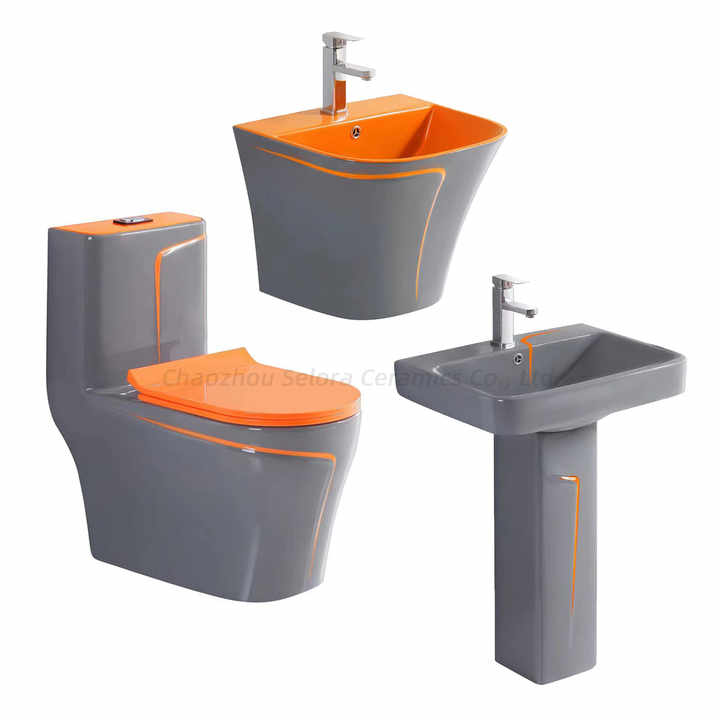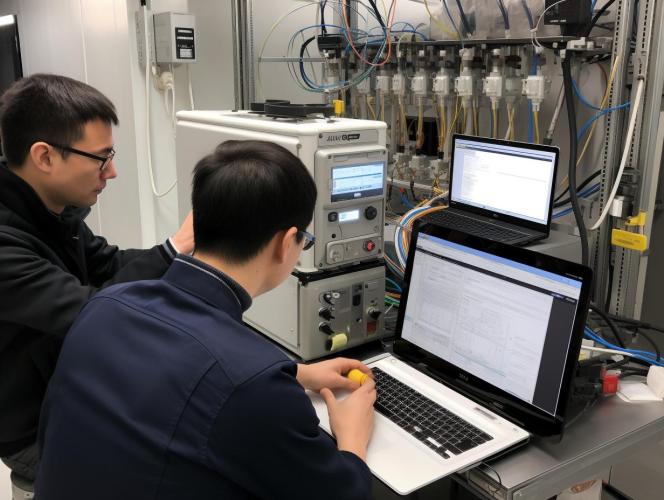In today's fast-paced and ever-changing market, the need for flexible building solutions has never been more paramount. Modular construction stands at the forefront, offering innovative alternatives that facilitate rapid adjustments in design and usage. This approach not only optimizes construction timelines but also significantly reduces costs associated with traditional building methods.

One of the key advantages of modular construction is its ability to allow buildings to adapt quickly to external changes. Whether it's an increase in population, shifting business needs, or environmental factors, modular buildings can be expanded, reconfigured, or relocated without significant disruptions. This adaptability keeps businesses agile and responsive, essential traits in today’s competitive landscape.
Another facet of modular construction is the use of prefabricated buildings. These structures are manufactured off-site, allowing for consistent quality and speedier assembly once transported to the construction site. This not only enhances productivity but also minimizes waste, aligning with sustainability goals that are increasingly important to both consumers and investors.

Ultimately, architectural adaptability through modular construction not only meets the immediate needs of businesses but also anticipates future demands. As the industry continues to evolve, embracing modular construction may well be a pivotal step in achieving sustainable growth. With a focus on flexibility, cost-effectiveness, and rapid deployment, modular solutions are set to redefine our understanding of modern architecture.







